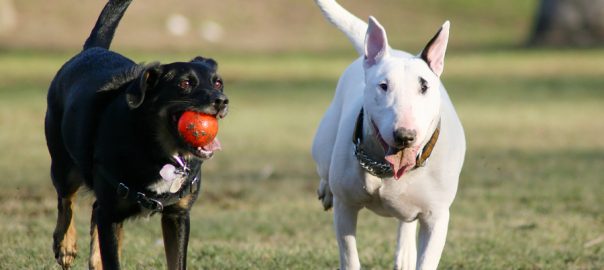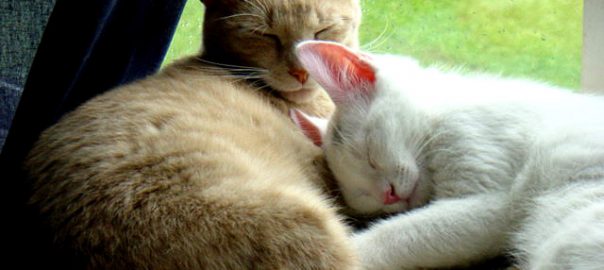When I look at our beloved cat, Talley, who we adopted last year, all I can think of is how glad we are that she’s escapted the fate of too many other homeless kittens and cats. Talley’s little life, and the lives of littermates, were saved!
Unfortunately, for the less fortunate cats, animal shelters can be tough places. Because cats are very sensitive to stress and crowding, they often get sick when they’re in a shelter, and that means many of them are euthanized instead of adopted. But it doesn’t have to be that way.
My good friend Dr. Kate Hurley is a member of the Fear Free Advisory Group as well as Director of the UC Davis Koret Shelter Medicine Program. She recently was awarded $10,000 by Maddie’s Fund to honor her heroic efforts on behalf of cats. And of course, she immediately turned around and used the money to … what else? … help more cats. Teresa and I are hoping you’ll join us in helping her help even more.
Dr. Hurley has been studying how to help cats for decades, and she found that when animal shelters add a tiny door called a portal between two cat cages, not only do they immediately see fewer sick cats in the shelter, but adoption go up and the shelter saves money!
Amazingly, that means that, over the course of a year, the shelter can save more cats despite having cut its capacity at any single moment in half!
Inspired by this incredible information, Dr. Hurley put out the word to the shelter community that she wanted to hear from them about why they wanted and needed portals, with the thought that she’d send portals to those with the most compelling stories.
The problem she faced is that she got so many incredible stories, she doesn’t want to turn any of them down. But to do that, she needs more than the $10,000 she has. She needs exactly $7,584 more.
Will you show the world what true animal lovers can do?
Will you donate $25 or more to help buy portals for shelter cats?
You can learn more, see photos, and donate on her dedicated GoFundMe page.
And when you’re done, please help spread the word! Even if she beats her goal — and we think she will, thanks to you — there willl always be more shelter cats who could use a little more room, and a better chance at health, happiness, and home!
We thank you from the bottom of our hearts (and so does Talley!).





